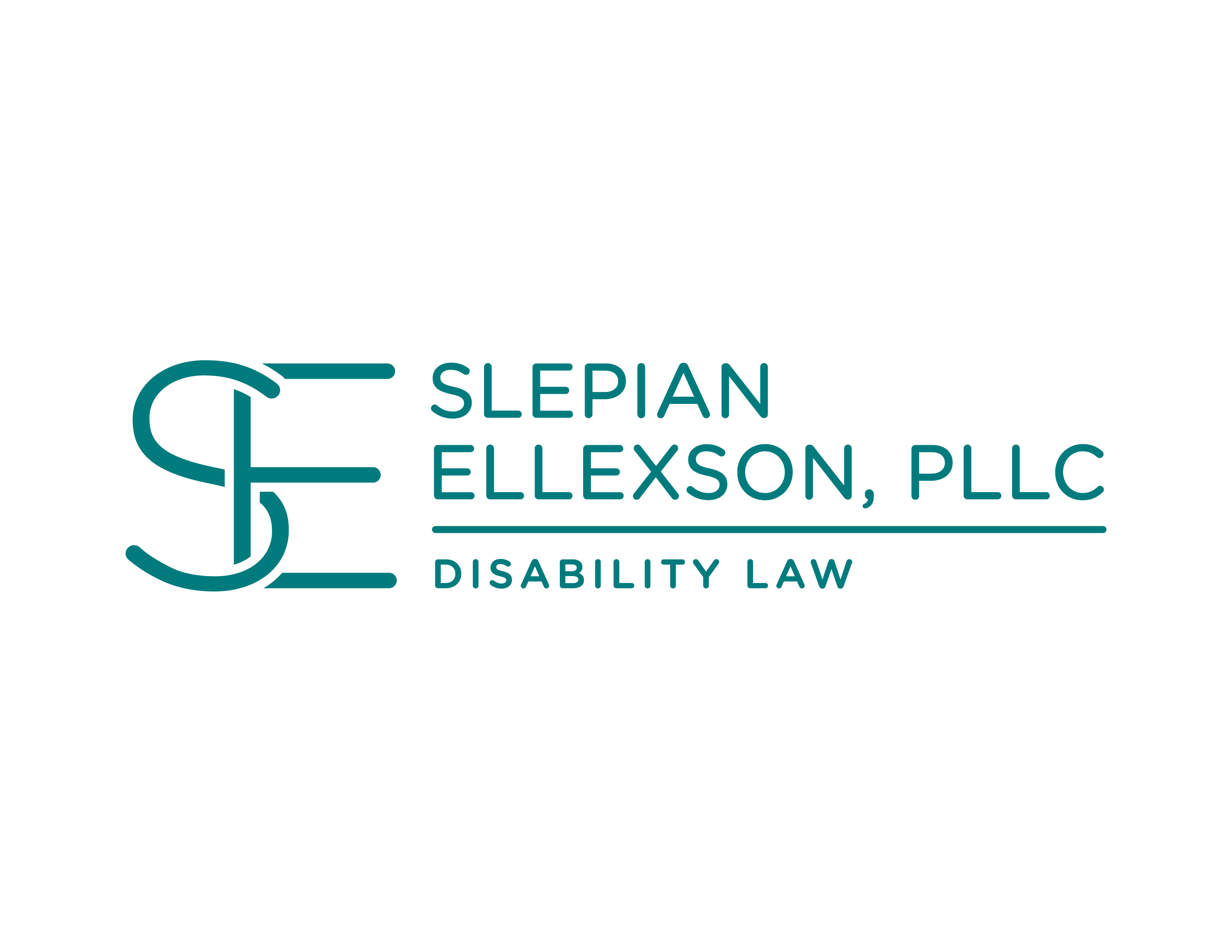Alzheimer’s disease can be disabling and a basis for SSDI eligibility
Published on September 12th, 2019 by Eric Slepian
September is World Alzheimer’s Month, meant to lessen stigma and increase public education about the challenging diagnosis. Alzheimer’s Disease International, referred to as ADI, created the month dedicated to this noble cause in 2012.
Alzheimer’s and other kinds of dementia can become disabling and prevent sufferers from working. Those patients may qualify for Social Security Disability Insurance or Supplemental Security Income, known as SSDI and SSI. Income from these benefits can be especially important with early-onset Alzheimer’s, when patients had planned to continue working to support themselves or their families.
According to ADI, Alzheimer’s represents at least half of all cases of dementia, a “collective name for progressive brain syndromes … affect[ing] memory, thinking, behav[ior] and emotion.” Alzheimer’s leads eventually to dependence on others for personal care and “help with all aspects of daily life.”
Alzheimer’s is an extremely challenging disease to live with. Mayo Clinic explains that the disease causes brain cells to degenerate until they are dead. Medications can help alleviate symptoms and slow the disease’s progression, but it is incurable and eventually results in death. The most impacted brain function is memory.
The SSA listing for Alzheimer’s
The Social Security Administration, or SSA, has established a listing of impairments that are so severe that if a claimant meets all other eligibility requirements, they will be automatically found disabled if their impairment meets or equals a listing. A claimant with Alzheimer’s disease may be disabled according to Mental Disorder listing 12.02 for neurocognitive disorders.
First, to meet this listing, the claimant must have medical documentation of “significant cognitive decline” in at least one of these areas:
- Complex attention
- Executive function
- Learning and memory
- Language
- Perceptual-motor
- Social cognition
In addition, the patient must meet at least one of these:
- “Extreme limitation” of one or “marked limitation” of two of these:
- “Understand, remember, or apply information”
- Interaction with other people
- “Concentrate, persist, or maintain pace”
- “Adapt or manage oneself”
- Alzheimer’s is “serious and persistent,” meaning there is a “medically documented history” of the disease lasting at least two years, along with both of these:
- Ongoing medical or mental health treatment, “psychosocial support(s), or a highly structured setting that lessens symptoms
- Minimal capacity to adjust to life or environmental changes
Residual functional capacity
If a claimant’s Alzheimer’s disease does not meet or equal this listing, the SSA will still consider the claimant’s “residual functional capacity” or RFC, which broadly asks what the claimant can still do considering the mental and physical limits caused by Alzheimer’s and any other impairments. Considering the diminished capacity plus the claimant’s age, education and remaining skill level, the SSA will determine whether there are significant numbers of jobs in the national economy the claimant could still perform. If not, they will be found disabled.



